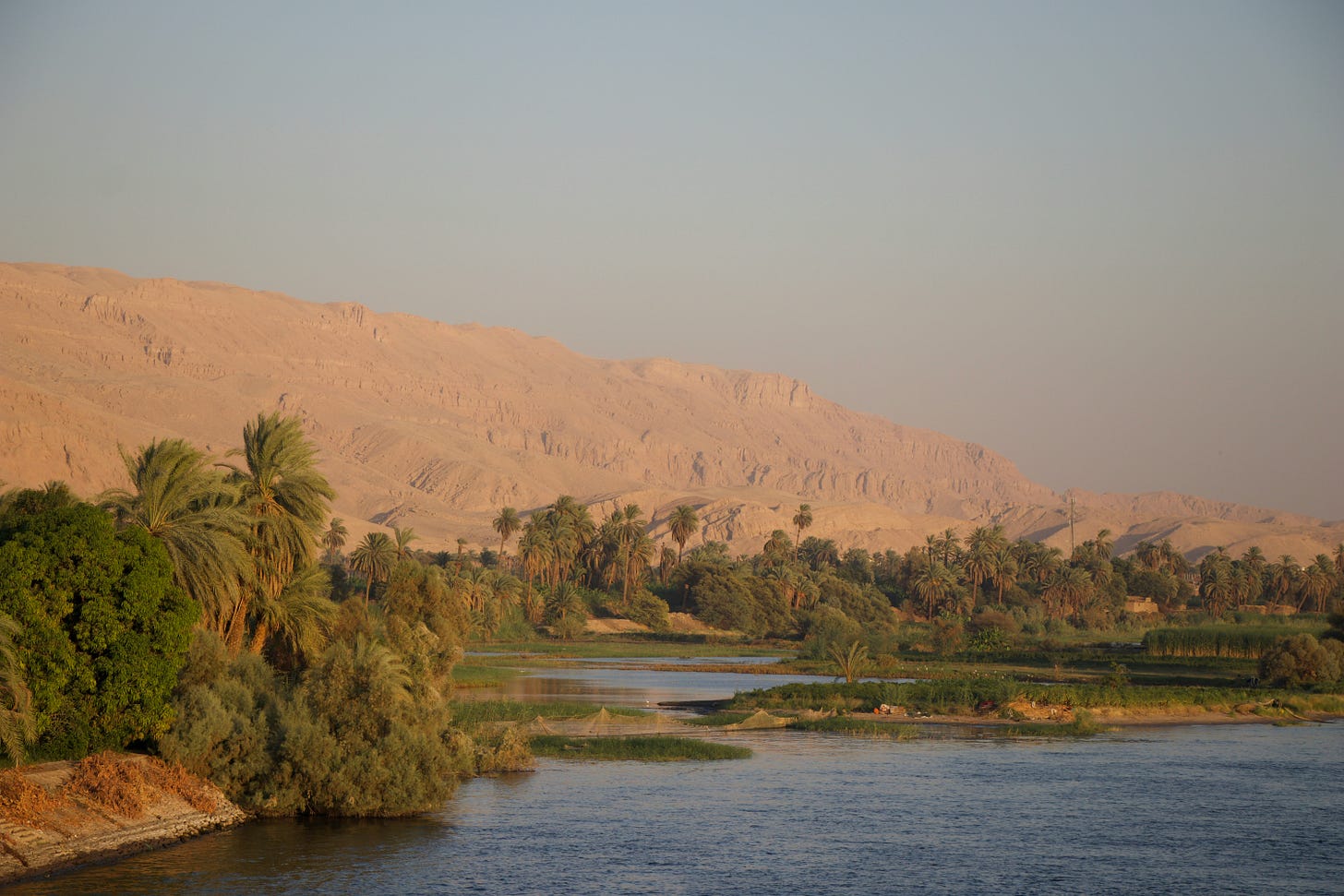Jochebed
Exodus 2:1-10 - Now a man from the house of Levi went and married a daughter of Levi. And the woman conceived and gave birth to a son; and when she saw that he was beautiful, she hid him for three months. But when she could no longer hide him, she got him a papyrus basket and covered it with tar and pitch. Then she put the child in it and set it among the reeds by the bank of the Nile. And his sister stood at a distance to find out what would happen to him.
Now the daughter of Pharaoh came down to bathe at the Nile, with her female attendants walking alongside the Nile; and she saw the basket among the reeds and sent her slave woman, and she brought it to her. When she opened it, she saw the child, and behold, the boy was crying. And she had pity on him and said, “This is one of the Hebrews’ children.” Then his sister said to Pharaoh’s daughter, “Shall I go and call a woman for you who is nursing from the Hebrew women, so that she may nurse the child for you?” Pharaoh’s daughter said to her, “Go ahead.” So the girl went and called the child’s mother. Then Pharaoh’s daughter said to her, “Take this child away and nurse him for me, and I will give you your wages.” So the woman took the child and nursed him. And the child grew, and she brought him to Pharaoh’s daughter and he became her son. And she named him Moses, and said, “Because I drew him out of the water.”
God gave the beautiful child, Moses, to Amram and Jochebed1. She loved her son very much and risked her own life to keep him hidden from the Eyptian authorities who would have him killed. Did her family and friends think she was out of her mind for trying to hide a baby boy? Did anyone understand why she loved him so much and took such a great risk to her own life to keep him safe?
After three months, she could hide him no longer. When she placed Moses in a papyrus basket, did she consider how the Egyptians used the papyrus plant to make paper which they wrote on2? Was there any symbolism to her or was it a frantic rush to hide him in the reeds? As Moses laid in a basket made of the papyrus plant, he would one day carry God’s words to the Egyptians. He would one day carry the words of God down from Mount Sinai to the Hebrew people, only then not on paper, but on stone.
Did Jochebed know that despite the authorities wanting to kill him, Moses would find his safety in Egypt? Or did she hope that his basket would catch the current of the river and continue out of Egypt to the sea so he could be rescued by someone else?
Moses’ journey in the Nile River led him straight into the royal house of his oppressors and Pharaoh’s daughter had compassion on him. Moses’ sister, with keen cleverness and bravery, asked the Pharaoh’s daughter if she wanted help in finding a wet nurse, to which she agreed. After coming back from the Nile River, Moses is reunited with his mother Jochebed.
Could Jochebed even begin to fathom what transformation had just occurred? Moses was of the priestly tribe of Levi that had yet to be established by God, but now Moses was also royalty. He belonged to the house of kings in the greatest nation on earth. In this new chapter in his life, Jochebed was a wet nurse to him for three years as was the customary time3. So after coming back from the Nile River, Moses had the full support of his daring, loving mother for likely another three years.
After the time had passed, Jochebed had to let Moses go. Did she perhaps consider hiding him a second time so that she could keep him? Or was she given God’s peace that by letting go of Moses, God’s divine purpose for his life would be set in motion? By letting go of her son, he would be able to save many from bondage by the mighty power of God.
This life story of Jochebed and Moses calls to mind many similarities with the virgin Mary and her Son, Jesus. Did Mary ever ponder in her heart how she was like a Jochebed to her own child? Both women gave birth to sons at a very inconvenient time to say the least. The Pharaoh ordered all the baby boys to be thrown into the Nile and Herod ordered all the baby boys to be killed4. Both Mary and Jochebed went to great lengths to hide and save their sons to the peril of their own lives. Both sons found their safety in Egypt. Both sons entered a river which marked the next chapter of their life, Moses in the Nile, and Jesus in the Jordan. Moses was 3 months old at the time while Jesus was 30 years old. From then, we see Jochebed supporting Moses for another three years and Mary supporting the ministry of Christ for another three years5. Both women had to let go of their sons, but God freed people from their bondage through both of these men: Moses freeing people from physical slavery and Jesus from the sinful, spiritual slavery.
What inspirational women! What brave mothers! What a sacrificial love they both had for their sons!
Exodus 6:20
Papyrus. (2024). Britannica. https://www.britannica.com/topic/papyrus-writing-material
2 Chronicles 31:16; 1 Samuel 1:24; 2 Maccabees 7:27
Exodus 1:22; Matthew 2:16
John 2:3-5; John 2:12; Luke 8:19-21; John 19:25-27


